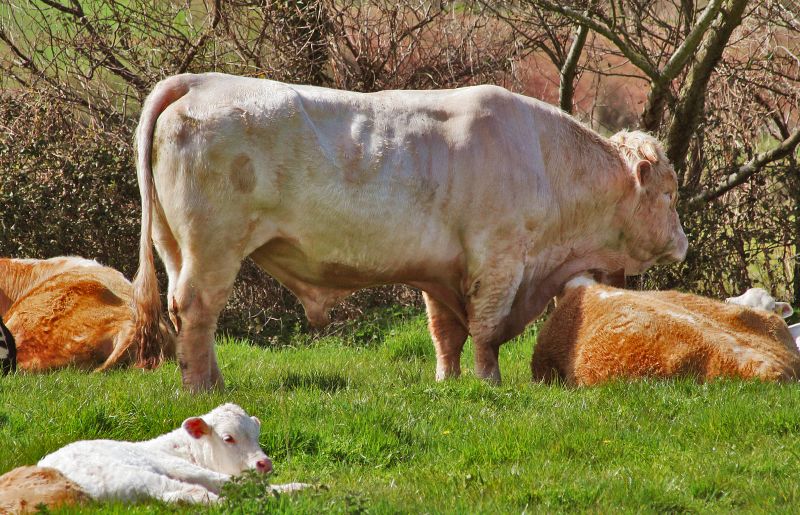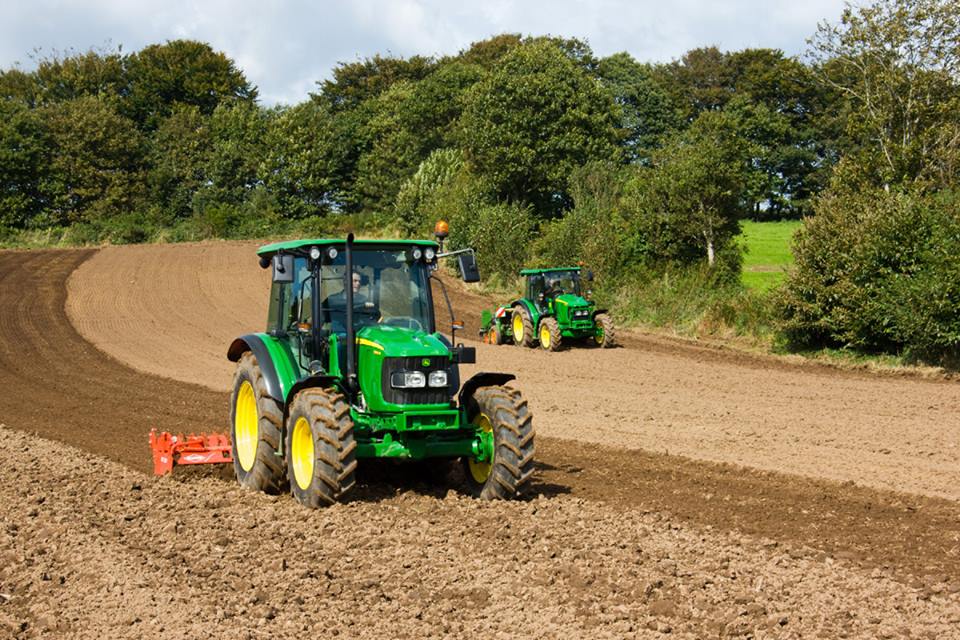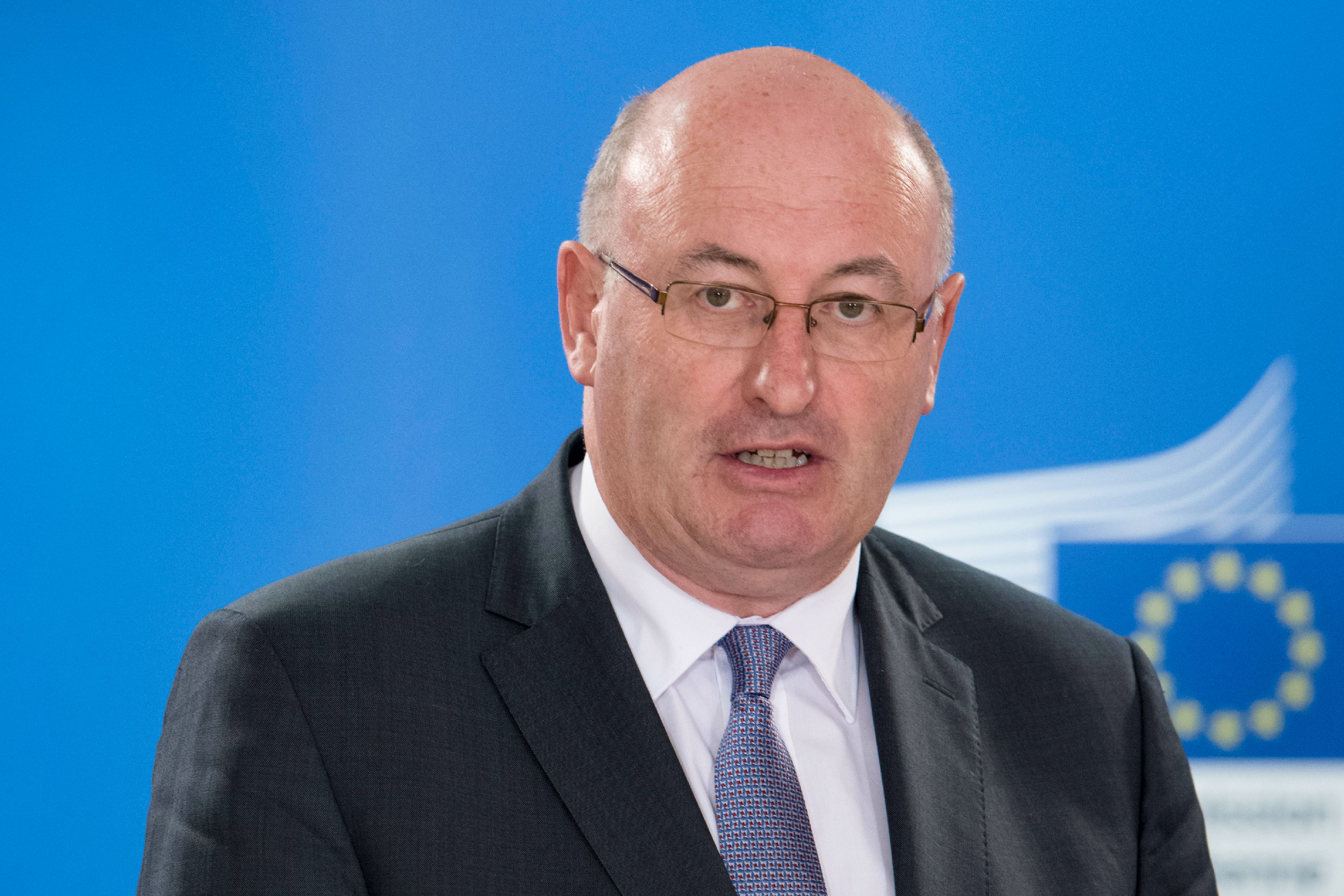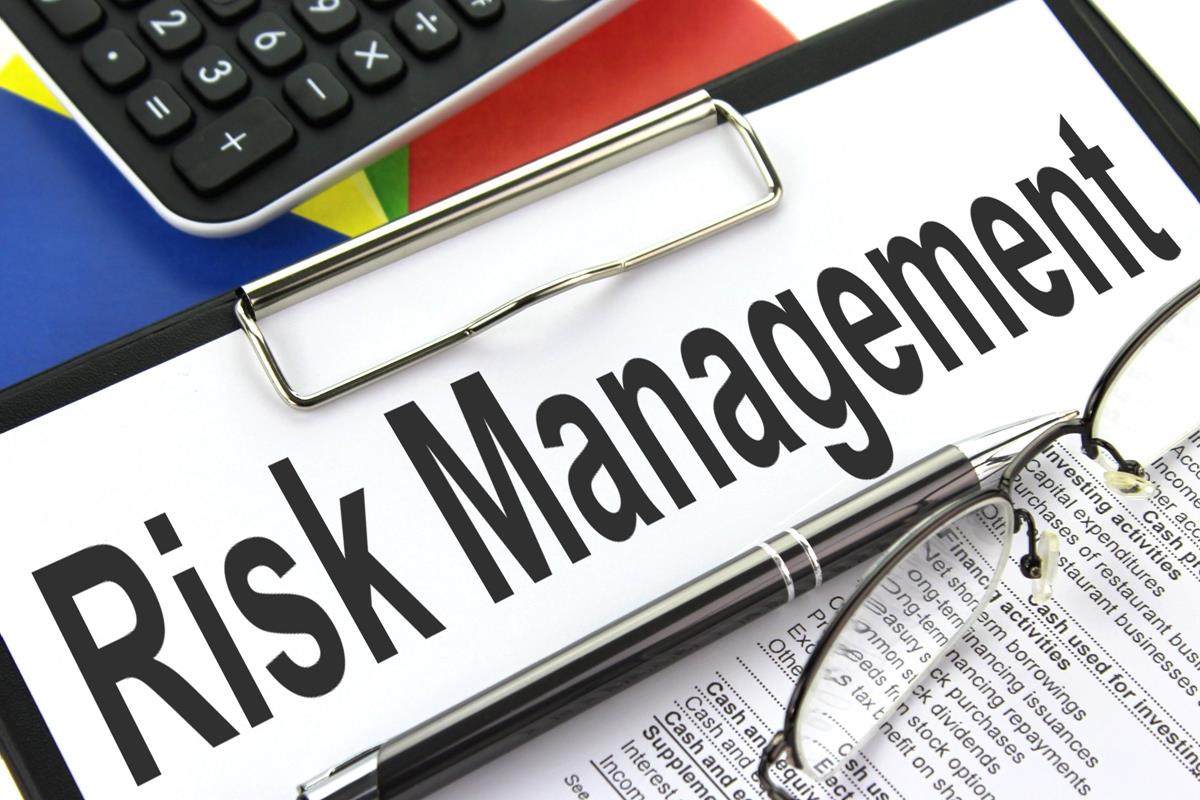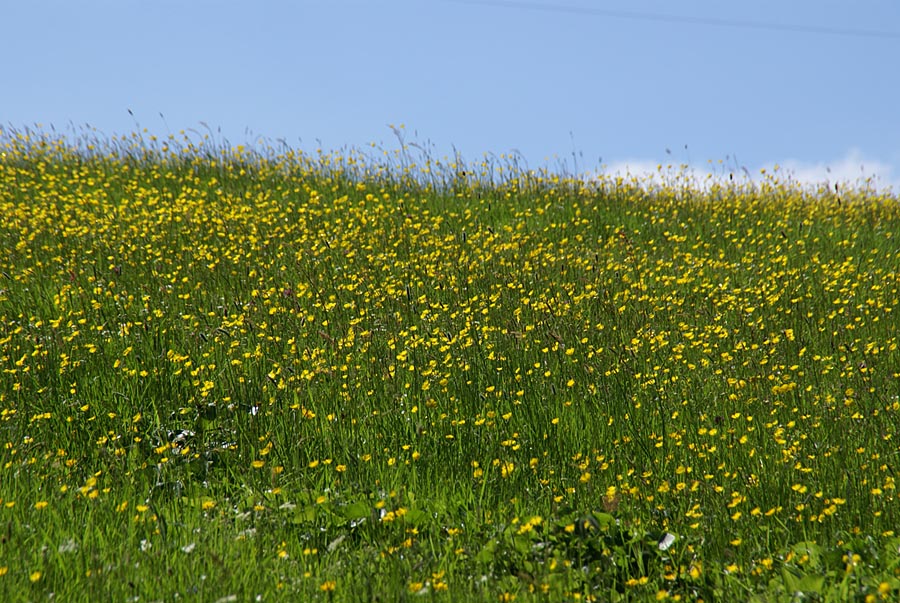Please note that the key chart in this post (the third chart, comparing the CAP ceiling in 2027 with that in 2020, has been updated using Commission figures in this post.
The Commission’s MFF proposal (including both ceilings for expenditure as well as ideas on how to finance the budget) was published yesterday. The Commission claims that the proposal includes reductions of roughly 5% in both the Common Agricultural Policy and Cohesion Policy programmes, as they have the largest financial envelopes. However, another way of looking at the numbers suggests that the cut is more like 15% overall in real terms over the period of the next MFF, but with a much bigger cut in Pillar 2 rural development expenditure of around 26%.… Read the rest


